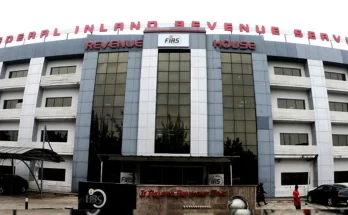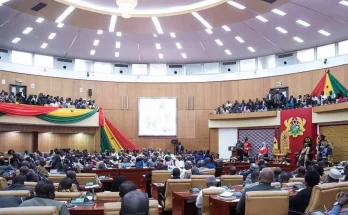Nigeria Embraces Tax Dispute Resolution to Strengthen Compliance and Raise Revenue. As part of its wider economic reform agenda, the Nigerian government has declared a renewed commitment to improving the country’s tax dispute resolution process in order to boost revenue collection and enhance taxpayer trust.
Speaking at the recent TaxADR Roundtable in Abuja, Minister of State for Finance, Dr. Doris Uzoka-Anite, emphasized that a modern tax system must go beyond enforcement and embrace fairness, efficiency, and trust. She was represented at the event by Mrs. Ndidi Chineyolum, a director in the Ministry of Finance.
“Resolving tax disputes collaboratively reflects the core principles needed for a modern tax system,” she noted, adding that the country must shift from prolonged tax litigation to more efficient, dialogue-based mechanisms.
A Turn Away from Adversarial Enforcement
The roundtable, themed “Unlocking Revenue and Strengthening Dispute Resolution: A Roadmap to Tax ADR in Nigeria”, brought together tax officials, legal experts, and policymakers. The consensus was clear: Nigeria’s tax environment needs less confrontation and more collaboration.
According to Dr. Uzoka-Anite, rising tax disputes, driven by new digital business models and regulatory complexity—now demand innovative solutions that support sustainable revenue mobilisation.
She explained that traditional court-based resolution methods are not only costly but also delay much-needed revenue and introduce uncertainty for both the government and taxpayers.
“Reducing adversarial interactions through timely dialogue is key to unlocking stable, long-term revenue,” she said.
Kenya Approves 2025 Finance Law with Focus on Tax Compliance
Building Trust Through Alternative Dispute Resolution
The Attorney-General of the Federation and Minister of Justice, Lateef Fagbemi, also lent his voice to the discourse. Represented by Mr. Oloyede Hussein, Special Adviser to the President on Arbitration and Resolution, Fagbemi stressed that the goal of taxation should be public trust, not coercion.
“ADR offers a practical way to preserve relationships, resolve issues faster, and lower the cost of compliance,” he said.
“These are the principles we must embed in Nigeria’s tax system.”
He urged taxpayers to see ADR not as a weakness in enforcement, but as a reflection of a mature tax regime that values fairness and dialogue.
Legal Backing and Institutional Support
Founder of the TaxADR Roundtable, Mr. Lateef Yusuff, described the event as timely. He noted that with Nigeria’s tax law reforms, the new Arbitration and Mediation Act, and the adoption of the National ADR Policy, the legal groundwork for tax ADR is already in place.
“We must now embed these tools into our tax ecosystem to ensure they deliver results,” Yusuff stated.
In a related address, Anita Erinne, Coordinating Secretary of the Tax Appeal Tribunal, said the Tribunal is committed to ensuring accessible and efficient resolution of tax disputes.
She affirmed that collaborative tax administration can boost investor confidence, support national growth, and protect citizens’ livelihoods.
“Tax disputes go beyond legal technicalities—they touch directly on revenue, business performance, and economic stability,” Erinne said.
Nigeria Embraces Tax Dispute Resolution: FIRS Endorses ADR for Better Tax Outcomes
The Federal Inland Revenue Service (FIRS), under the leadership of Executive Chairman Dr. Zacch Adedeji, was commended for supporting reforms that incorporate ADR into the tax system.
Erinne highlighted the importance of technology and digital transformation in facilitating faster resolutions, noting that Nigeria’s tax-to-GDP ratio, currently at about 13%, needs significant improvement.
“A modern tax system should balance effective enforcement with fairness, accountability, and public engagement,” she concluded.
Conclusion:
With economic reforms underway and the need for increased non-oil revenue more pressing than ever, Nigeria is positioning itself to adopt alternative tax resolution mechanisms that are quicker, more transparent, and better suited to today’s economic realities.
If implemented effectively, ADR could be a game-changer in deepening compliance and sustainably raising national revenue.




